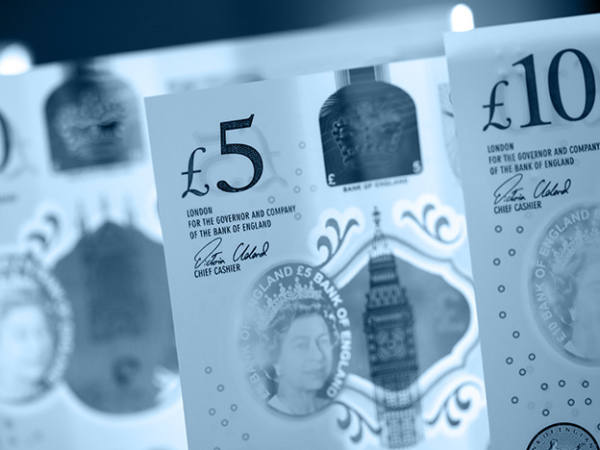- Inflation expectations change the dynamic of investors' required returns from shares
- Valuations are once again being scrutinised
- Companies this week include Treatt, Diageo, Spirax-Sarco, Greggs, Morrisons and Redde Northgate
For me, the whole point of investing is to grow the buying power of your money so that it will buy more stuff tomorrow than it does today. This means that whatever you invest in has to grow in value faster than prices in general.
For the best part of 30 years, inflation has not really been a concern for UK investors apart from the odd spike in years such as 2011. This has made the task of beating inflation not as difficult as it was in the 1970s and 1980s.
Inflation has been subdued due to the powerful forces of globalisation, which has seen many manufacturing jobs outsourced to lower cost countries and the decline in the power of unionised labour to grow workers’ wages.
Buying long-term government bonds has allowed investors to beat inflation without taking lots of risks up until relatively recently. Even as bond yields have fallen below the rate of inflation, bonds have done well as many people expected yields to keep on going lower and in some cases negative.
However, it is the price of shares that have been the main beneficiaries of low inflation and the low interest rates that have come with it as the real returns on offer with the prospect of growth on top quite rightly looked like the best deal on offer to investors. Even with the worst economic shock in living memory in the form of Covid-19, furious money printing by central banks has kept interest rates low and pushed share valuations even higher, particularly in high quality growth stocks and technology stocks.
This trend has been compounded by the age old problem of career risk of professional US fund managers. Anyone who did not own tech during the last few years will have more than likely seriously underperformed the S&P 500 and seen their customers going elsewhere. This means just as we saw in the technology, media and telecom bubbles in the late 1990s, certain sections of the market became a crowded trade.
That said, I do not think what we have now is the same as back then as at least today the high valuations are attributed to excellent businesses that in many cases have large profits and plenty of cash flow.
However, we seem to have reached a point in the road when valuations matter again. This is because higher inflation will mean that the valuations of many shares will give yields that are less than inflation.
On Wednesday, the US inflation report said that the consumer price index for the year to April was 4.2 per cent which was more than the 3.6 per cent predicted by economists (as if they could predict it accurately anyway). This was the biggest jump since 2008 and has rightly worried investors.
Download PDF









